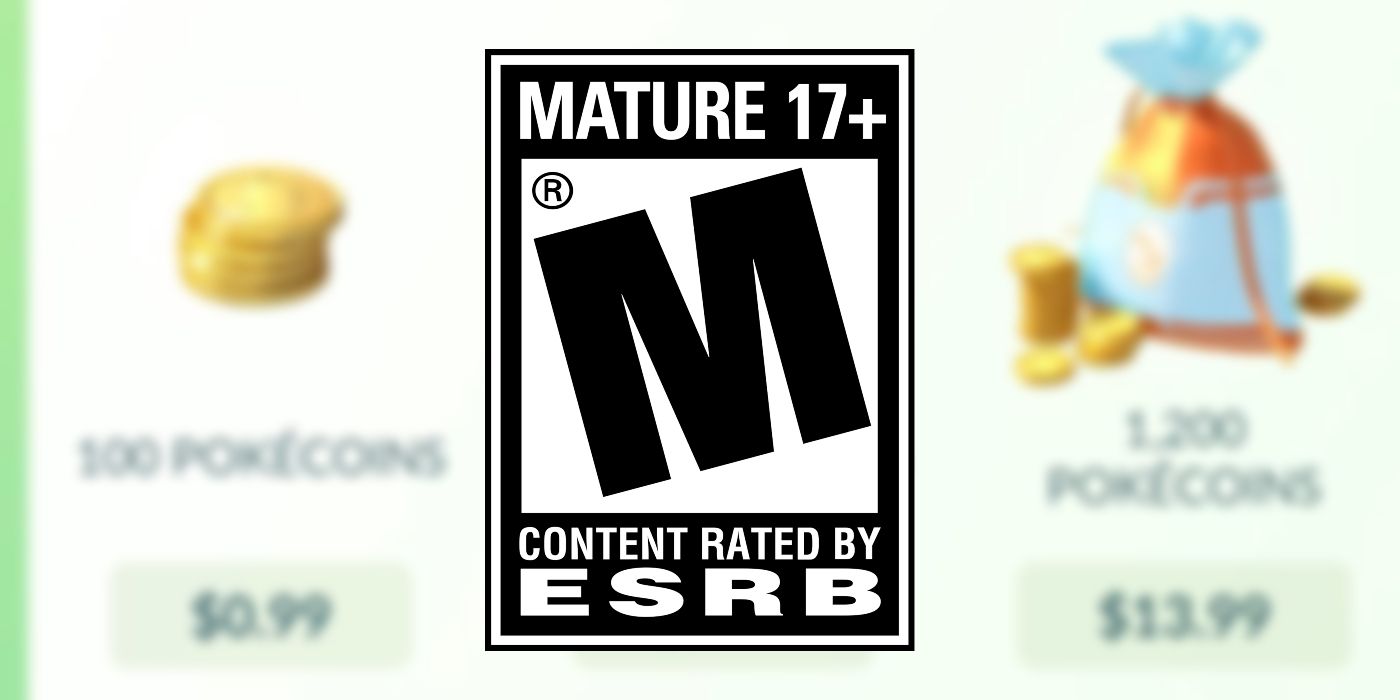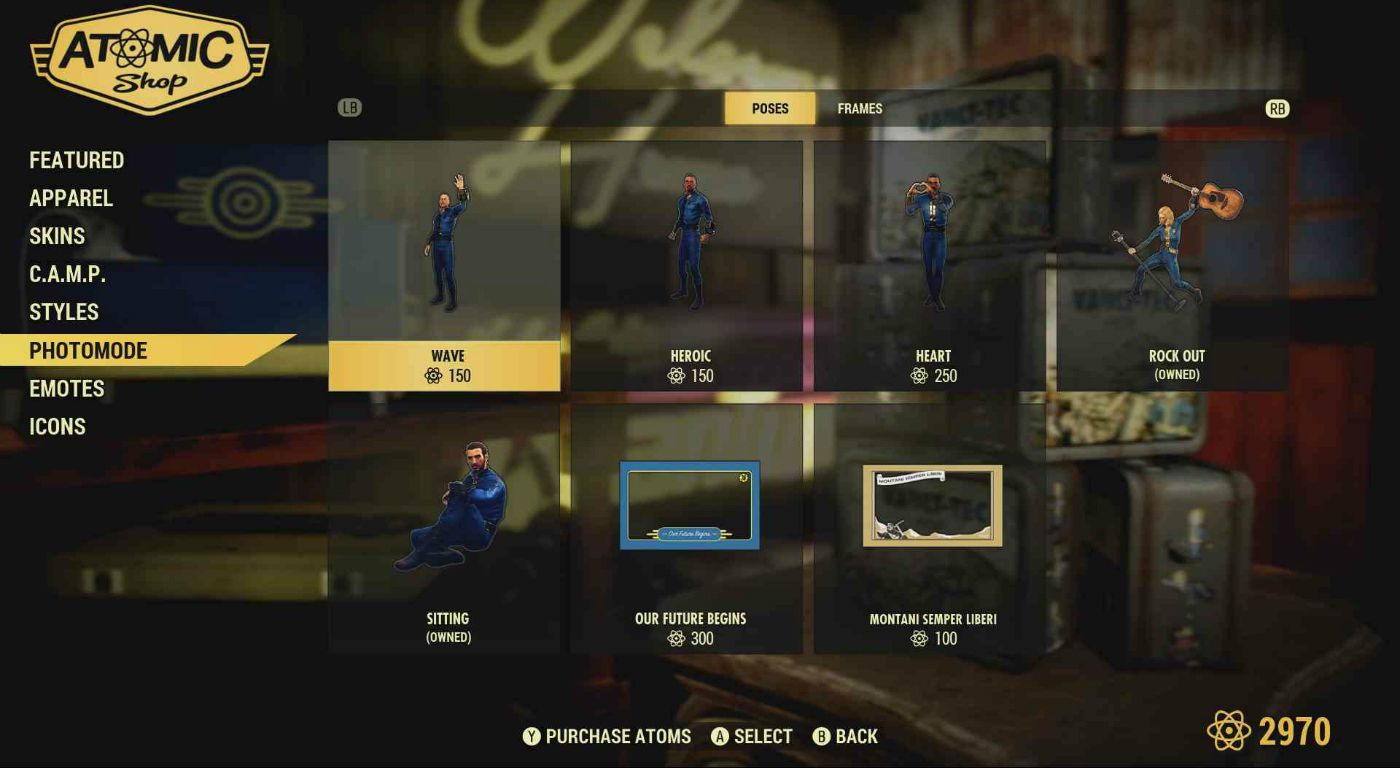Many gamers have become accustomed to the option to spend real money on in-game currency or items. Microtransactions are present on every modern gaming platform, from iOS and Android to Nintendo, Xbox and PlayStation platforms. While these purchases can sometimes be permanent in-game items, like interesting costumes or different hairstyles for an avatar, others can be frustratingly fleeting. These items, like the Lures and Pokéballs in Pokémon GO, are gone forever after one use - much like the player's hard-earned cash. Because microtransactions involve spending real-world money, games that include the feature should have increased age restrictions.
While most players hitting "buy" for additional lives or premium currency know what they're getting into, microtransactions can be a source of frustration for parents and of confusion for their children. Because these options are often in a tab within an in-game store, children may not know they just purchased Pokéballs with their parent's financial information. This can be especially confusing if these purchases are mixed in with options to spend in-game currency instead of real money.
Currently, microtransactions can target any player of any age, regardless of their ability to understand and consent properly to flashy promotions like the "daily deal" pop-ups that often appear when a game starts up. Many games include parental control options to prevent child spending, and ESRB labels warn of in-game purchases, but ESRB game age ratings themselves aren't increased by the presence of microtransactions. If the video game industry were to ensure games make a point of requesting players be of a reasonable, consenting age to be exposed to in-game purchases, it would show responsibility and interest in the well-being of its consumers.
Microtransactions Can Be Misleading To Younger Video Game Players
Microtransactions can be frustrating for players regardless of age, as they create issues where those able to pay have access to better - or at least, in many cases, more interesting - weapons, gear, and resources. Those who can't or won't fall into the habit of spending their money on in-game items and bonuses, then, can't progress as quickly or express themselves as well as their spending peers. Pay-to-play models have made MMORPG games like Black Desert Online and Lord of the Rings Online frustrating to those who don't want to fork over cash to progress, punishing players who would rather earn their higher quality gear succeeding in the game's challenges. Even purchases that don't directly affect in-game progress can have a negative effect on those who don't make purchases, like when young Fortnite players with default skins are bullied for not having a more interesting character.
The ESRB should consider enacting increased age restrictions on games that encourage microtransactions in order to help protect younger audiences from choices they aren't fully informed to make. Creating these age restrictions might also discourage developers from adding microtransactions that take advantage of players and unfairly encourage them to spend real money on items they could instead earn through gameplay, allowing players of any age to more freely enjoy the hobby. There would, of course, need to be an alternate funding model for these microtransaction-free games, but perhaps one-time purchases with more limited content access could be healthier for younger players and still sustainable for game developers.


